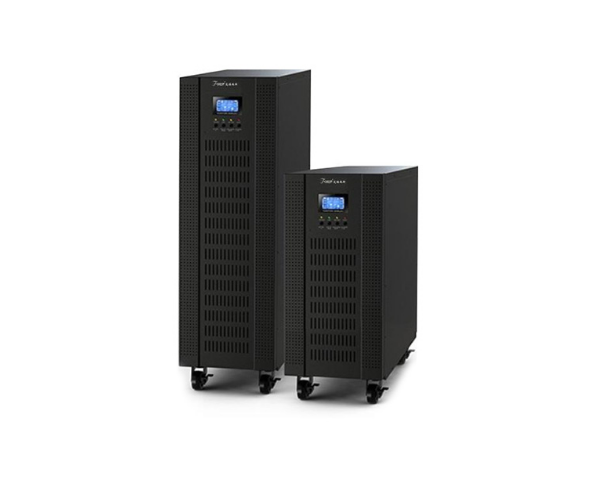language
Power interruptions can occur without warning, and their effects range from lost data and interrupted business operations to damaged equipment. Whether at home or in a commercial setting, an Uninterruptible Power System (UPS) plays a critical role in safeguarding your electronic devices and ensuring business continuity. But not all UPS systems are created equal. Choosing the best one depends on your specific needs, environment, and the types of equipment you aim to protect.
Understanding What a UPS Does
An Uninterruptible Power System provides immediate backup power when your primary power source fails. It prevents disruptions by allowing devices to either continue running temporarily or shut down safely. In addition to backup power, a good UPS also protects against voltage fluctuations, surges, and spikes that can degrade or destroy electronics over time.

Identifying Your Power Protection Needs
To find the most suitable UPS, begin by evaluating the total wattage or power consumption of the devices you intend to connect. Determine whether you need basic battery backup for a single computer, a mid-level system for multiple office devices, or a high-capacity solution for servers, data centers, or industrial equipment.
Types of UPS Systems
There are three main types of UPS systems:
1. Offline/Standby UPS: Best for home or basic office use. It provides battery power during outages but does not regulate voltage. Suitable for personal computers, routers, and modems.
2. Line-Interactive UPS: Offers basic voltage regulation in addition to battery backup. Ideal for small business environments where voltage fluctuations are common.
3. Online UPS: Delivers continuous power from the battery with zero transfer time. It provides the highest level of protection and is ideal for mission-critical systems, servers, and sensitive industrial equipment.
Consider the FORS AF9300 Series
For users needing a high-performance solution, the FORS AF9300 series is an excellent choice. This online transformerless UPS offers three-phase input and output, making it suitable for industrial and commercial use. It features comprehensive detection and protection functions, high operational efficiency, and a compact, lightweight design.
The AF9300 also supports centralized and remote monitoring through user-friendly software. Its LED or LCD display provides clear real-time status updates, making operation intuitive and transparent. For organizations that rely on consistent power and minimal downtime, the AF9300 is a reliable and scalable option.

Online Transformerless UPS AF9300 series
Additional Factors to Consider
Battery runtime: Ensure the UPS offers enough backup time for your needs or can be expanded with additional battery packs.
Number of outlets: Verify that the unit provides enough outlets and the right types for your equipment.
Monitoring and connectivity: Look for units with network management features if remote monitoring is important.
Form factor: Choose between tower and rack-mounted units depending on space and installation preferences.
Conclusion
The best Uninterruptible Power System is one that matches your environment, protects your equipment, and supports your workflow without compromise. From simple home setups to complex industrial systems, there’s a UPS built for every need. By carefully assessing your requirements and understanding the options available, you can make a confident decision that ensures your systems stay powered and protected at all times.